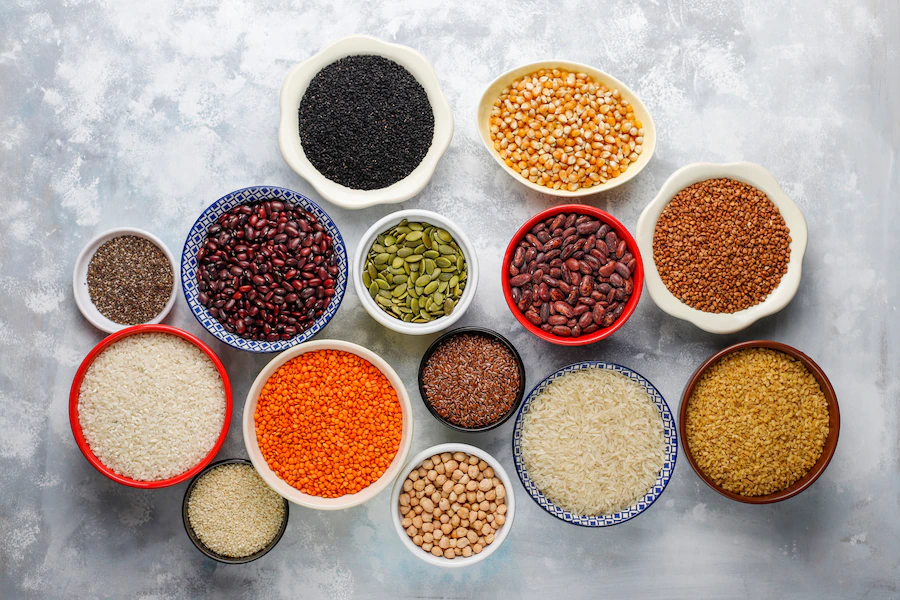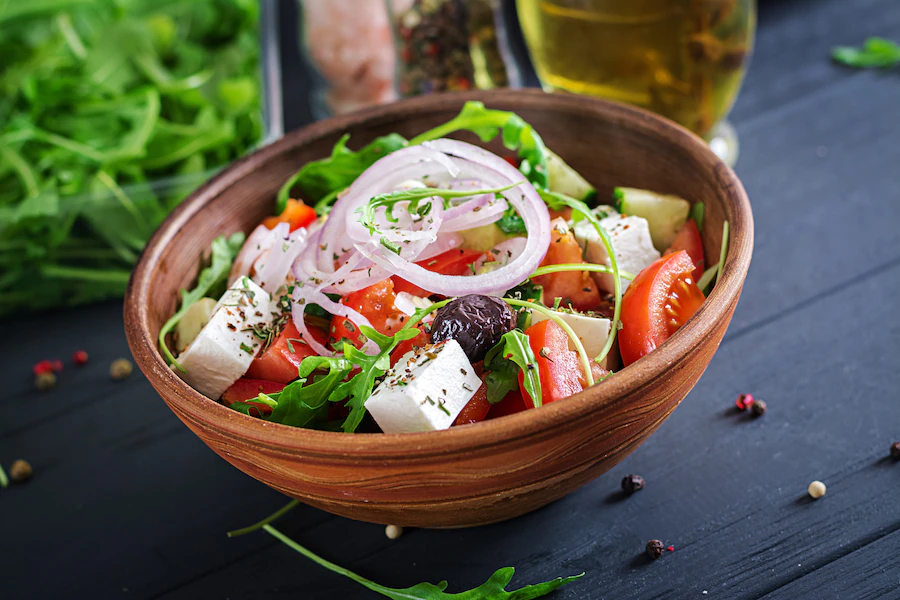If you’re thinking about getting weight loss surgery or have recently had a procedure completed, you might be wondering about what you can eat afterwards. After undergoing this surgery, the dietary landscape does go through a transformation. However, you should be able to eat a variety of items. As you progress with your recovery, your diet can change from clear liquids to more substantial items. This overview will go over five things you can eat after weight loss surgery.
Low-Fat Dairy
Within a few days after gastric bypass surgery, your stomach may be healed enough for you to transition from clear broths, herbal tea, and sugar-free gelatin to full liquids. Low-fat yogurt is an example of a full liquid, and your stomach may be able to easily digest it at this point in your recovery. Even after you’ve fully recovered from surgery, you can continue to eat low-fat or fat-free dairy products like Greek yogurt and cottage cheese since they can provide a good source of protein, calcium, and often vitamin D. Protein is vital for for maintaining muscle mass as you lose weight. Calcium is essential for maintaining strong bones, and vitamin D helps with calcium absorption.
Fruits
Soft, ripe fruits like bananas, applesauce, and canned fruits in their natural juices can be introduced in the pureed or soft food stage following a bypass surgery. These fruits can provide useful nutrients as well as fiber into the diet. Plus, they can help with hydration and give you helpful antioxidants, and they can add variety and brightness to your daily routine. While fruits are a healthy choice, they can be relatively high in natural sugars. Therefore, it’s crucial to consume them in moderation, especially in the early stages of your post-surgery diet.
Non-Starchy Vegetables
Non-starchy vegetables are naturally low in calories and carbohydrates, which can help with weight management and blood sugar control. They are a great way to fill up your plate without adding excess calories. Despite their low calorie content, non-starchy vegetables are packed with essential nutrients such as vitamin C, vitamin K, and folate, along with minerals and antioxidants. These nutrients support your body by enhancing immune function, bone health, and skin health. In addition, this type of food gives you extra fiber, which can help prevent constipation, promote regular bowel movements, and control appetite.
Protein-Rich Foods
A few weeks after your surgery, protein-rich foods like eggs and meat are going to become a cornerstone in your diet. Protein plays a critical role in the healing process, helps preserve lean muscle mass, and promotes satiety, which can aid in weight loss. Choose from items like skinless poultry and lean cuts of beef, pork, and lamb. Fish could be a great choice as well, as it’s rich in heart-healthy omega-3 fatty acids. If you prefer plant-based proteins, consider tofu, tempeh, edamame, lentils, chickpeas, or black beans. These plant-based products don’t have the added saturated fat found in some animal-based proteins, so they might be attractive options.
Whole Grains
When you’re ready, you can introduce whole grains after your surgery. Whole grains are complex carbohydrates that provide a steady, sustained release of energy. This can help prevent rapid spikes and drops in blood sugar levels, promoting stable energy throughout the day. Properly chew whole grains to aid digestion and reduce the risk of discomfort. Begin with small portions and monitor how your body responds to determine your tolerance level. Whole grains, such as whole wheat, brown rice, quinoa, and oats, can be rich in essential nutrients, including dietary fiber, vitamins, magnesium, iron, and antioxidants.
Take Care of Yourself
The dietary journey after weight loss surgery is a carefully staged process that aims to support healing and promote long-term weight loss while improving your overall health. Following the advice of medical professionals is paramount to a successful recovery. Remember to prioritize protein intake, stay hydrated, and make smart choices when recovering from your surgery. Approach this journey with patience, as it might take time to adapt to new dietary habits. Following up with your healthcare team will help you learn about wise choices and stay on a positive track.




